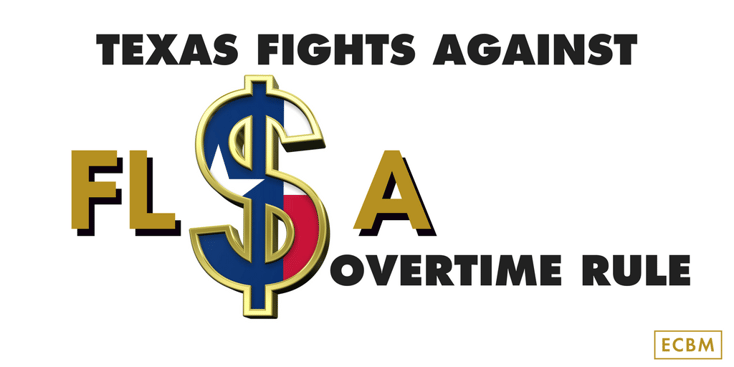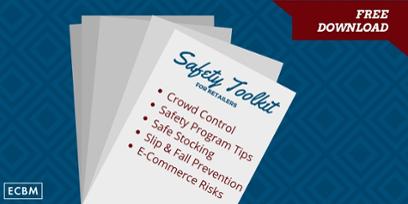
A United States District Court Judge in Texas issued a nationwide temporary injunction against the Department of Labor’s new rule implementing a higher minimum salary for overtime exempt employees in November, 2016. The rule had garnered a lot of criticism from businesses worried over the financial costs of either paying workers a higher salary or paying them overtime. Forecasts had put the number of employees affected by the new rule at over four million people.Twenty two states originally filed suit seeking the injunction against the rule. Fifty plus businesses filed a separate suit also seeking to challenge the final rule. Eventually, the Court consolidated the two cases in the United States District Court for the Eastern District of Texas.
The Path To The Temporary Injuction
The necessity to prove substantial likelihood of success on the merits constituted the major hurdle in the path of those parties seeking the temporary injunction. The Court focused the majority of its analysis on this aspect of the case. Plaintiffs proposed two separate theories on which they could succeed at a full hearing.
StateS Taking Responsibility For Federal Laws
The first focused on an overturned Supreme Court case that struck down Fair Labor Standards Act requirements when applied to state and local governments under the Tenth Amendment. The Court found this argument lacking given current binding precedent.
The second theory put forth by the Plaintiffs focused on statutory construction and administrative deference. Under a legal theory known as Chevron deference, courts must grant administrative agencies such as the Department of Labor substantial latitude to an administrative agency’s determination of its own authority when Congress has created ambiguity as to the extent of that authority. However, where Congress has spoken unambiguously, the Court must give effect to that clearly expressed intent.
Clear, But Not Really Clear
As applied to this case, the Court determined that Congress had spoken clearly on this issue in passing the Fair Labor Standards Act. Congress defined those employees exempt from overtime as those performing executive, administrative, or professional (EAP) duties. The Court went so far as to examine the dictionary definition of these terms to decide that this exemption did not allow the Department of Labor to impose a salary threshold requirement in defining who performed EAP duties and could look to the roles and responsibilities employee filled in making an exemption determination.
A Decision Has Yet To Be Reached
After also finding the other necessary requirements to impose a temporary injunction existed - the likelihood of irreparable harm, the balance of burdens favoring the party seeking the injunction, and a public interest in the issuing of an injunction - the Court issued a nationwide injunction preventing the rule from going into effect. In issuing the injunction, though, the Court specifically mentioned the fast approaching deadline for the rule going into effect and enunciated a desire to maintain the status quo for the final hearing so that it could render a meaningful decision.
Salary Threshold On Hold
Interestingly, while the Court’s granting of the injunction for now only precludes the higher salary level, the reasoning used by the Court would invalidate not just the new salary threshold but the old one as well. If the Department of Labor’s new rule increasing the threshold salary requirement is invalid because the agency cannot establish any salary threshold, then obviously the rule originally establishing the salary threshold in the first place must be invalid.
Of course, all these points may be moot. The recent election will result in personnel changes at the Department of Labor. The new personnel may simply decide to void the rule on their own.



